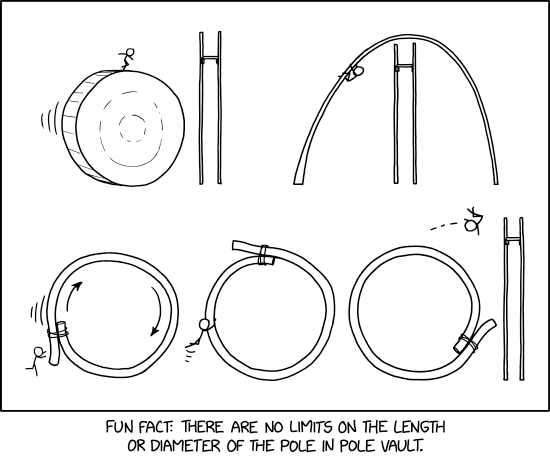wednesday books celebrate hanukkah
Dec. 17th, 2025 10:37 pm(OK, the books aren't celebrating Hanukkah, they're celebrating Walpurgisnacht if anything, but I am. Quick takes, I don't have too much to say.)
The Invention of Love, Tom Stoppard. Readaloud and reread, in honor of Tom Stoppard's death. It was very cool having an actual classics grad student read the part of young A. E. Housman, though ultimately I feel like I don't quite connect with the play, perhaps because of not being a classicist or not being sufficiently attached to Housman's poetry. (I do find it interesting to compare A. E. Housman to his Cambridge colleague G. H. Hardy, who mentions Housman a few times in his Mathematician's Apology, but I'm not sure I can fit into the context of this play.)
The Tempest, William Shakespeare. Also a readaloud, and of course a reread, as this is a play I know very well. Everyone agreed this time that Prospero is a jerk, but the language is still fantastic. Also, having read the role of Ferdinand that guy doesn't seem so great either.
Faust by Johann Wolfgang von Goethe, translated by Walter Arndt. I've previously read three modern abridged translations of Faust (MacDonald, Brenton, and Clifford) that were designed to be performed on stage (partly to judge their suitability for readalouds), and then I ran across this in a Little Free Library and thought I would try a more literary/scholarly translation. Anyway, so I know how things go, but it's still interesting to see the things that get cut from the other versions, and will probably be more interesting once I get to part II. It makes an interesting comparison to The Tempest (which it is explicitly referencing by reusing the character of Ariel), but unfortunately as well as having to read it translation, I've also missed out on the opportunity to have imprinted on it at a younger age as I did with Shakespeare.
The Invention of Love, Tom Stoppard. Readaloud and reread, in honor of Tom Stoppard's death. It was very cool having an actual classics grad student read the part of young A. E. Housman, though ultimately I feel like I don't quite connect with the play, perhaps because of not being a classicist or not being sufficiently attached to Housman's poetry. (I do find it interesting to compare A. E. Housman to his Cambridge colleague G. H. Hardy, who mentions Housman a few times in his Mathematician's Apology, but I'm not sure I can fit into the context of this play.)
The Tempest, William Shakespeare. Also a readaloud, and of course a reread, as this is a play I know very well. Everyone agreed this time that Prospero is a jerk, but the language is still fantastic. Also, having read the role of Ferdinand that guy doesn't seem so great either.
Faust by Johann Wolfgang von Goethe, translated by Walter Arndt. I've previously read three modern abridged translations of Faust (MacDonald, Brenton, and Clifford) that were designed to be performed on stage (partly to judge their suitability for readalouds), and then I ran across this in a Little Free Library and thought I would try a more literary/scholarly translation. Anyway, so I know how things go, but it's still interesting to see the things that get cut from the other versions, and will probably be more interesting once I get to part II. It makes an interesting comparison to The Tempest (which it is explicitly referencing by reusing the character of Ariel), but unfortunately as well as having to read it translation, I've also missed out on the opportunity to have imprinted on it at a younger age as I did with Shakespeare.





